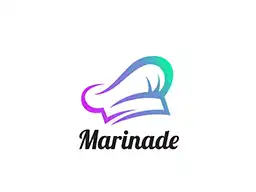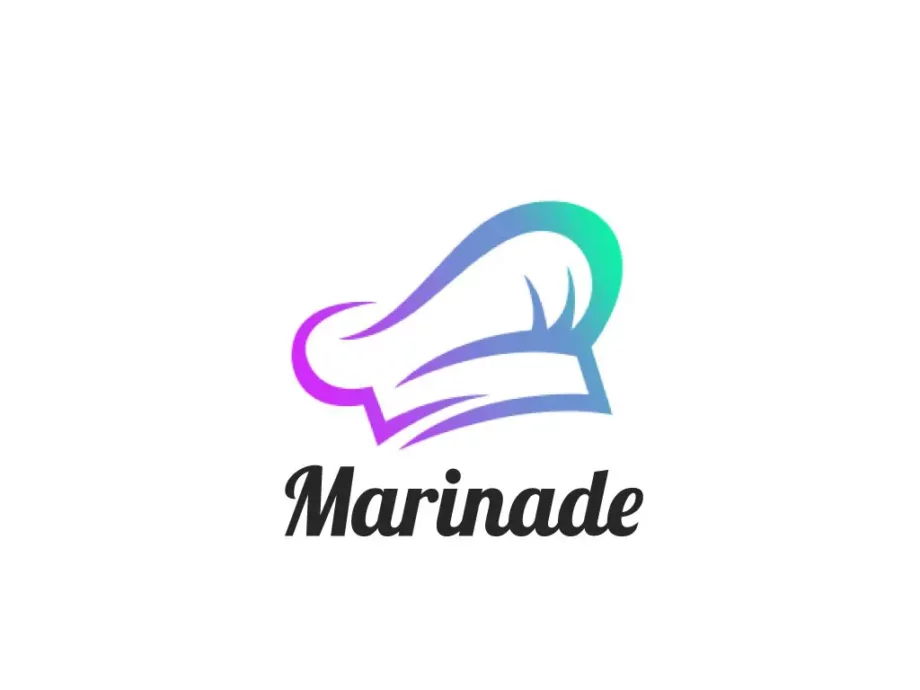
Marinade: Simplifying Solana Staking and Enhancing DeFi Liquidity
Abstract
Marinade is a decentralized finance (DeFi) protocol built on the Solana blockchain, primarily focused on staking and liquidity provision. Launched in 2021, Marinade aims to simplify the process of staking Solana (SOL) tokens, offering users a way to earn staking rewards without the need for complex operations and management typically associated with Proof of Stake (PoS) protocols. This whitepaper explores the historical context, technical overview, market performance, and future prospects of Marinade and its native token, MNDE, highlighting its potential to revolutionize the staking and liquidity landscape within the Solana ecosystem.
Introduction
Staking has become an essential component of many blockchain networks, providing a means for users to earn rewards while contributing to the security and decentralization of the network. However, the process of staking can be complex and technically demanding, especially for individual users. Marinade addresses this challenge by offering a simplified and automated staking solution on the Solana blockchain, making it easier for users to participate in staking and earn rewards while promoting the overall health of the network.
Background
Launch and Purpose
The creation of Marinade was driven by the need to enhance liquidity in the Solana ecosystem and to make staking more accessible and profitable for a wider audience. Recognizing the barriers to entry for individual stakers, such as minimum staking requirements and the technical knowledge needed to select validators, Marinade introduced a novel solution that aggregates SOL staking across various validators, promoting network security and decentralization.
Growth and Ecosystem Integration
Since its launch, Marinade has experienced significant growth, both in terms of total value locked (TVL) and its contribution to the Solana ecosystem. The protocol has integrated with various DeFi platforms on Solana, enabling users to utilize staked SOL (stSOL) in liquidity pools, lending protocols, and other DeFi applications, further enhancing the utility and liquidity of SOL.
Technical Overview
Staking and MNDE Token
Marinade automates the staking process by pooling users’ SOL tokens and distributing them across a diversified set of validators. This not only helps in securing the Solana network but also optimizes staking rewards for participants. In return for staking SOL with Marinade, users receive mSOL (Marinade staked SOL), a token that represents their staked SOL plus earned rewards.
The Marinade protocol introduced its native utility and governance token, MNDE. MNDE holders can participate in governance decisions, such as voting on protocol upgrades and changes. Additionally, MNDE plays a role in incentivizing liquidity provision and can be earned by participating in various DeFi activities within the Marinade ecosystem.
Market Performance and Analysis
As of April 2023, MNDE’s market performance reflects the growing interest in DeFi protocols and staking solutions within the Solana ecosystem. While subject to the volatility inherent in the cryptocurrency market, MNDE’s value is influenced by Marinade’s adoption rate, the performance of the Solana network, and the overall DeFi market dynamics.
Future Outlook
Expansion and Innovation
Marinade’s potential for growth lies in its continuous innovation and expansion within the DeFi space. By introducing new features and optimizing its staking strategies, Marinade can attract more users and increase its TVL, further securing its position in the Solana ecosystem.
Competition and Network Dependence
The DeFi staking landscape is highly competitive, with numerous protocols offering similar services across different blockchains. Marinade’s success is also closely tied to the health and adoption of the Solana blockchain. Any issues with Solana, such as network outages or decreased developer activity, could impact Marinade’s performance and adoption.
Regulatory Environment
The evolving regulatory landscape for cryptocurrencies and DeFi protocols presents a challenge for Marinade. Regulations affecting the operation of staking protocols or the use of DeFi services could impact Marinade’s growth and operations.
Conclusion
Marinade represents a key innovation in the Solana DeFi ecosystem, offering users a simplified and efficient way to participate in SOL staking. Through its automated staking process and integration with other DeFi platforms, Marinade enhances the liquidity and utility of SOL, contributing to the security and decentralization of the Solana network. Despite facing competition and potential regulatory hurdles, Marinade’s focus on innovation and user experience positions it well for future growth. As the DeFi space continues to evolve, Marinade’s role in promoting accessible and profitable staking solutions will likely remain of significant interest to investors and participants in the cryptocurrency market.





